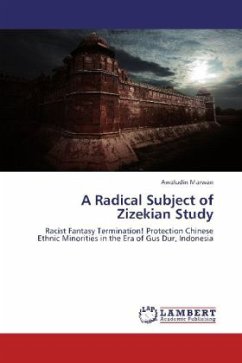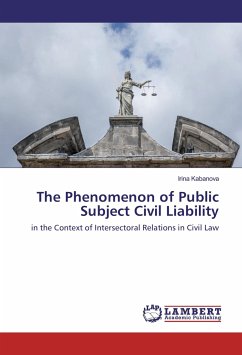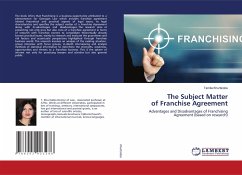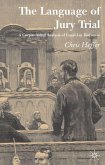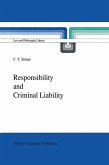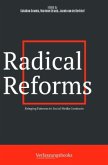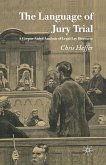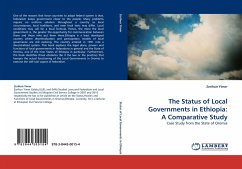How does an individual alone can make change to the legal and social system? A case which is actually impossible because a change is only possible to be done with the participation of many people. However, as Gramsci believed that social change was supported by the organic intellectuals which means the existence of others are no longer useful (Jones: 2006). The same is expressed by i ek who belives that this radical subject is the one who is able to bring changes from the famous structure of advanced capitalism and liberalism. From this study, it can be concluded that Gus Dur is a man who could be classified into the figure of i ekian radical subject. According to i ek, subject of enunciated is the subject who actively brings social change, while subject of desire is the subject who combines conscious and subconscious minds. This study attempts to describe how Gus Dur was able to bring change with one of his juridical sites, the Presidential Decree No. 6 Year 2000 which acknowledges the culture and the existence of the Chinese citizenship. Gus Dur had cut off the long chain of history of violence toward Chinese minorities by the government and the majority of the society.
Bitte wählen Sie Ihr Anliegen aus.
Rechnungen
Retourenschein anfordern
Bestellstatus
Storno

